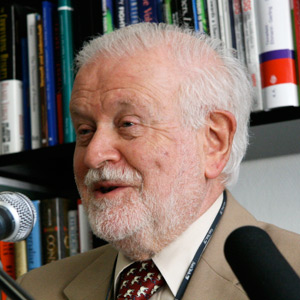In July 1997, the Senate voted 95-0 for a resolution opposing any international treaty that would damage the economy by restricting energy usage, raising the cost of fuels for transportation, heating and electricity.
This unanimous vote included Sen. John Kerry, and Sens. John McCain, R-Ariz., and Joe Lieberman, D-Conn., who are currently advocating just such restrictions. But the resolution was right. A treaty obligating developed nations but not China, India, Brazil and Mexico would produce huge U.S. job losses as industries moved overseas.
However, because of the initiative of then-vice president Al Gore, the U.S. signed just such a treaty, the protocol negotiated in Kyoto, Japan, in December 1997. But President Clinton never submitted it for Senate ratification. And President Bush has consistently declared Kyoto “fatally flawed.”
Neither Bush nor the Senate has pointed out, however, that Kyoto is not only costly and unfair to the U.S., but it is also ineffective in averting a feared global warming. Scientists all agree that at best it would reduce the calculated temperature rise in 2050 by an insignificant one-tenth of a degree.
Russia has been more outspoken. The Russian Academy of Sciences, in a May 2004 report, questioned the reality of substantial future warming, concluding that Kyoto lacks any scientific base. President Vladimir Putin declared Kyoto “scientifically flawed” and intimated that Russia would not ratify it.
Yet, ironically, Russia’s parliament will likely ratify it before the year’s end, making Kyoto binding on all ratifiers. Why? The reason may be short-term economic gain, as the protocol permits selling Russia’s unused emission rights to Europeans anxious to ease the economic penalties of Kyoto’s restrictions.
Russia’s economic collapse after 1990 nearly halved its emissions—and the base year chosen for Kyoto is 1990. This arbitrary choice also favors Germany, which took over a faltering East German economy, and Great Britain, which switched its electric generation from coal to natural gas at about that time. We would lose out, and maybe that’s why our economic competitors are so anxious to get us to ratify Kyoto.









